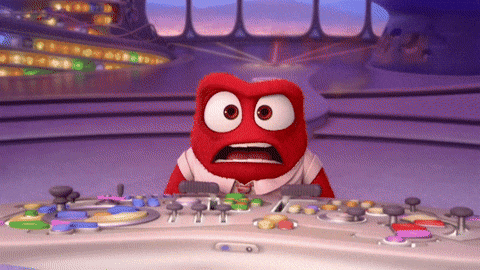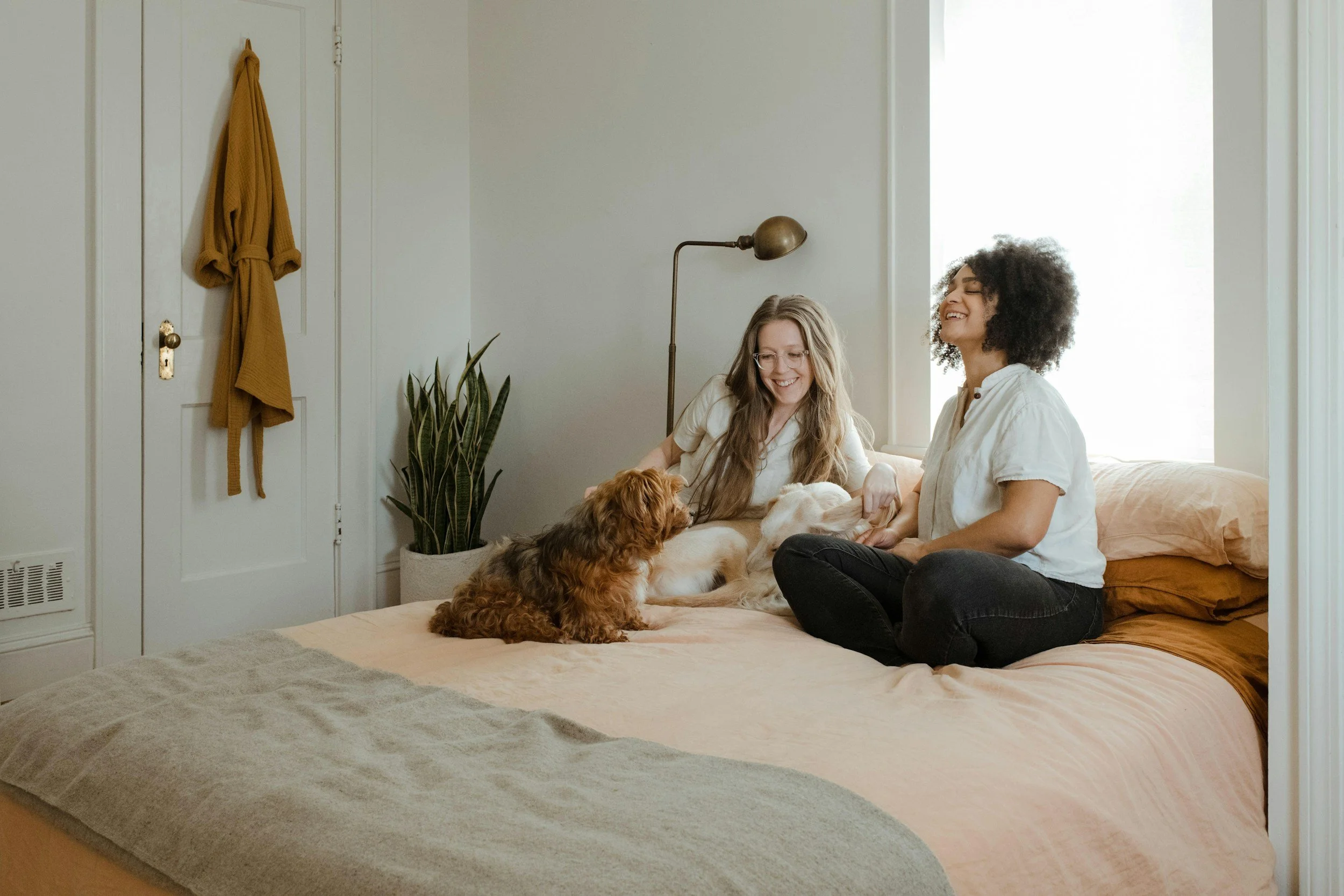How to let go of control in your relationship
I wrote a piece earlier this week about how control in your romantic life is an illusion. The key message was…
“You cannot control how another person will feel, think and behave. By striving to, you disconnect from yourself and still have to confront the pain you’ve been avoiding.”
To discover some truths about how you’ve come to self protect and how it’s not serving you, read that earlier post here “How can I make sure we’re happy forever?!” The illusion of control in relationships.’
So, you’re here. You recognise the need to let go of control. You see how it will free you and how there’s joy and contentment out the other side.
And now you’re like… ‘But hoooooooooow?!’
Here’s where to start.
How to let go of the illusion of control in your relationship
Awareness.
The fact you’re here suggests you’re half way there! You read my earlier post and recognised parts of yourself.
You saw that although you’re willing to risk the vulnerability of a relationship, you’re preoccupied with it staying that way.
You’re worried about whether you’re happy enough or whether you’ll stay this happy forever.
So how can you become truly aware? Learn to observe your inner dialogue, and how it’s influencing your behaviour.
For example, in a moment where everything feels great you notice your thoughts jump to ‘oh no, how do I make sure it stays this great!?’.
Later that night, your partner does something that really grinds your gears but you don’t voice your true feelings. You don’t want to disrupt the ‘happiness’ by saying what you really feel, so you chose to bury it.
By becoming aware of your automatic thoughts, you put yourself in a position of choice to let go of control.
If all of this happens unconsciously you can’t change how you react, but by becoming aware of your thoughts you can be an observer of yourself.
You’ll notice your thought around the first event, and put yourself in a position of choice when the second one arises. You’ll recognise how it’s influencing you and therefore make a choice on what you do instead.
For a real life example, in this post “Finding joy in yourself: A story from a serial monogamist” I share a personal story where I observe a rapid fire string of inner dialogue. Noticing it, observing it and detaching myself from it, allowed me to understand the story I was telling myself and how that was causing a total misperception of my own happiness.
Journaling is a great way to generate awareness in yourself, or talking it through with a coach who can reflect back the things you aren’t noticing.
2. Make friends with negative emotion.
I always thought I wasn’t afraid of pain, or suffering, or negativity. But it turns out, it’s easy to not realise a fear when you use up so much energy avoiding the source of it.
In a world of self improvement and productivity, you berate yourself for feeling anything less than positive and optimal, all of the time, and come to associate feeling ‘negative’ with failing.
The problem with this is twofold:
Pain is inevitable and so are relationship challenges. Accept this reality and you’ll realise there’s nowhere scary left to go.
Constantly striving to always be ‘happy’ is exhausting. And it gives us a warped sense of reality. It makes challenges in relationships feel like failures. It makes feeling upset or angry at your partner something to avoid at all costs, so honest feelings aren’t shared. It throws us into doubt when we’re not as happy with our partner as we think we ‘should’ be.
Pain is inevitable. That’s life. We’ll feel sad, upset, angry, infuriated and hurt in our life time, and in our relationship. As I wrote in my previous post, the avoidance of pain is ironic. We avoid pain at all costs, and therefore create pain by leading ourselves into a hole of anxiety and stress when life feels less than ‘perfect’
Let yourself feel those things that aren’t just ‘happy’.
Journaling is great way to make friends with negative emotion. It gives you a personal and private place to express your feelings. To label them. To sit with them. And to realise if you look sadness, anger, guilt, shame and fear (etc.) in the eye and let them have a voice, you’ll realise there’s nowhere ‘scary’ left to go and the need to control is loosened.
3. Don’t go it alone
I used to think I was so self aware. I’d pour over self improvement books working on all the things I needed to fix about myself. I took the ‘self’ in self help, to the extreme. I had to work it out. I had to do it. I didn’t need to rely on anyone else (something I continuously need to work on!)
The problem with going it alone, is that we only see things about ourselves we already know.
If we’re self critical, we perceive our high expectations as reasonable, and reflect on our wins and losses through the lense of our mean inner critic. If there’s a deep feeling inside of us that we are not enough. We’ll interpret our behaviour through a lense of always striving for more.
It wasn’t until I had both therapy and coaching that I was able to truly get to know and embrace all of who I was, in all it’s fluidity.
So don’t feel like it’s all on you to figure this ‘letting go of control’ out. There are people trained specifically to help you with this.
Therapy or Coaching are the good options. Here’s a digest version of the differences…
Coaching
Coaching focuses on the present, and creating the future you want.
It acknowledges the role of the past in where you are now if helpful, but shifts into actionable steps for the future.
It assumes you are the expert in your life and the coach’s role is to help you access your own inner wisdom.
Therapy
Therapy focuses on healing the past.
It helps you to move through pain from past events that are stopping you moving forwards.
It supports you to be emotionally ready in the present to pursue self and relationship goals that shape your future.
By becoming more aware, making friends with negative emotion and seeking help when you need it, you open yourself up to let go of the need to control in your relationship.
You can then learn how to self-regulate when fear and the need to self-protect crop up and develop habits to enjoy the present moment, and establish the boundaries you need to be more of yourself.
Hi, I’m Rachel
I coach people in relationship doubt to embrace all of who they are, so they can find the clarity, courage and trust to decide ‘what now?’















When this client first came to me, they were in that all-too-familiar ADHD limbo. As they put it:
"I was going through a hard time with insecurity and career, having recently learned about my late diagnosis of mixed-type ADHD. I felt inadequate at work, and unsure if I wanted to stay at my company, despite enjoying the company."